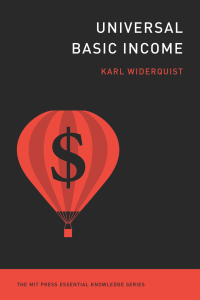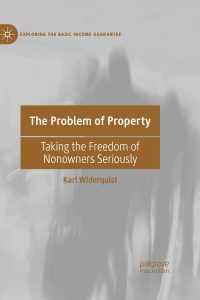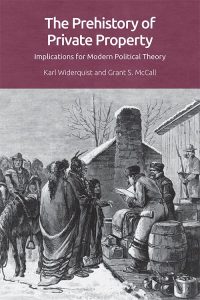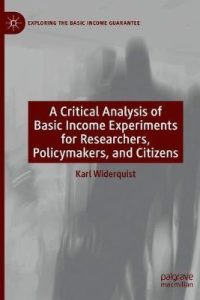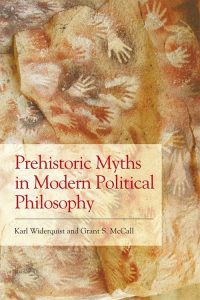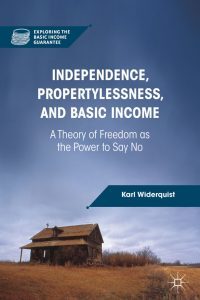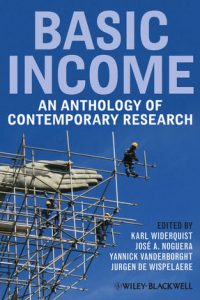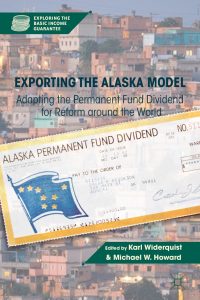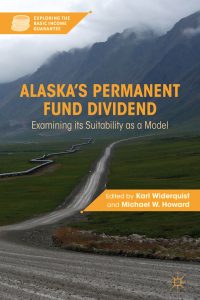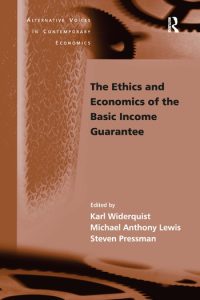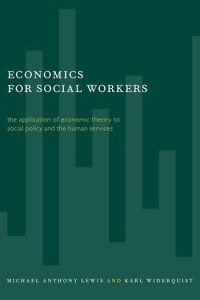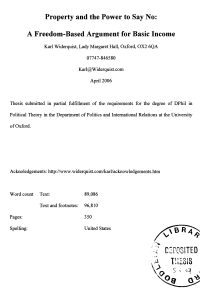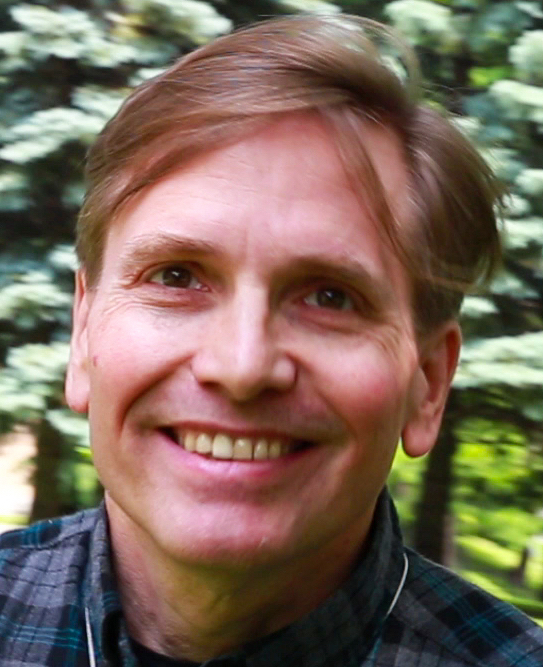
Karl Widerquist
Professor of Philosophy
Georgetown University-Qatar
karl@widerquist.com
- Indepentarianism Facebook Page
- Karl Widerquist’s Bluesky Page
- @Karl Widerquist Twitter Page
- Karl Widerquist’s Research Channel
- The Indepentarian Blog
Introducing Myself and my Research and Writing
I am a political theorist and economist who works as a professor of political philosophy at Georgetown University-Qatar. I’m best known for my research and writing on Universal Basic Income, but I’m also an interdisciplinary researcher and writer who has published in fields as diverse as economics, politics, philosophy, and anthropology. More about my life is on my biography page.
Since I began my political theory doctorate in 2002, most of my work has been related in one way or another to my attempted to develop my notion of an “Indepentarian” political theory I call “Justice as the Pursuit of Accord” (JPA).
What is Indepentarianism?
The central idea of “indepentarianism” is that all unequal societies in history have been biased in favor of politically and economically powerful insiders and against both socio-economic and political outsiders. Existing philosophical theories of justice (including those purporting make full equality or of the welfare of least advantage their central goal) are of limited help because we all have self-serving and status quo biases.
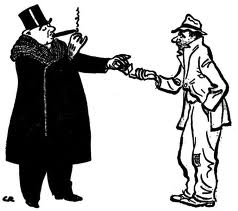
We always have and we will always fall short of the goals of identifying a list of rights that truly and equally protects everyone or to identify a truly inclusive social contract to which no reasonable person could object. We have always and will always fall short in a predictable way, toward favoring political insiders. New orders might completely change who the insiders are, but all political orders favor them.
Philosophers who portray their theory of justice as a set of rights or a social contract that no reasonable person could object to are part of the problem, because they allow insiders to label oppressed outsiders as “unreasonable people” or “rights violators.” Justice cannot identify a social contract that no reasonable person can object to. The best it can do is to pursue accord, hence, the name “Justice as the Pursuit of Accord.”
Because our theories and our basic social structures will always be predictably biased in favor of insiders, we have to ask as little as possible from political outsiders and disadvantaged people. To do this we have to eliminate poverty and respect everyone’s status as free, independent people–hence the name “indepentarianism.”
Freedom, Private Property, and UBI
My 2013 book, Independence, Propertyless, and Basic Income: A Theory of Freedom as the Power to Say No outlines the JPA theory of freedom. It argues that many of the things contemporary societies ask of disadvantaged people to prove they’re “worthy” of a decent living are oppressive.
It argues, among other things, that the promotion of freedom in a society with private property requires an Unconditional Basic Income, partly because that it is wrong to for anyone to put conditions on anyone else’s access to the resources they need to survive, and partly to compensate and protect people from the fact that rules are always made by and for more advantage people—even if the advantaged group is the majority.
Because it is so central to my indepentarian perspective, great deal of my research involves different aspects of Universal Basic Income, which I address from a wide-range of perspectives:
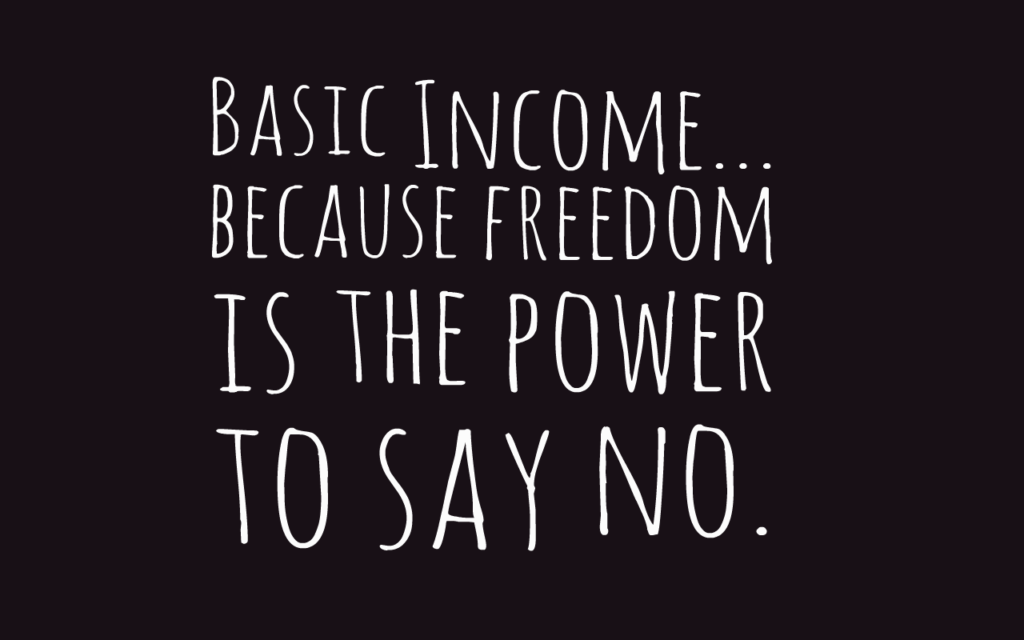
- Introduction to UBI
- UBI experiments
- The Alaska Dividend as a UBI
- The history of UBI
- Automation and UBI
- The cost of UBI
- The economics of UBI
- Citizens Capital Accounts
- The people’s endowment
Some of my work criticizes competing theories of justice, most particularly social contract theory and rights-based theories of justice, such as propertarianism or “right-libertarianism.” I have collaborated with Grant S. McCall, an associate professor of anthropology at Tulane, to use anthropological and archaeological evidence to criticize widely held beliefs in contemporary political theory, such as the belief that the property rights system and/or state society benefits everyone, the belief that equality is impossible to achieve or incompatible with freedom, the belief that the market economy is more consistent with negative freedom than any other known system, and the belief that there is something natural about private property and something unnatural about community-owned or common property.
I’m currently working on a book on Universal Basic Income for MIT Press’s “Essential Knowledge” series. After that my main project will be a book entitled, Justice as the Pursuit of Accord, which will complete my effort to formulate indepentarian theory.
Basic Income: Favorite Argument (video 22 seconds). Karl Widerquist, Basic Income Visuals YouTube Channel, Oct 31, 2018
-Reposted as Argument for basic income Karl Widerquist (video 42 seconds), Bi-Produktion YouTube Channel, May 20, 2019
We don’t have freedom without basic income (video 2:53). Interview of Karl Widerquist by Enno Schmid, Basic Income Earth Network Channel, YouTube, recorded June 29, 2014, posted February 9, 2015
-Reposted in edited from as We don’t have freedom without Basic Income (video 1:21), Basic Income Visuals YouTube Channel, Nov 13, 2018
We’ve Owed Each Other a Basic Income Since We Killed the Buffalo: 9-minute speech at the New York Basic Income March, October 26, 2019 (video). By Karl Widerquist, Filmed by Juhl Media. Posted October 29, 2019
Also, translated into French: Pourquoi je marche pour le Revenu de Base. By Karl Widerquist. Translation by Pierre Madden, Revenu de Base Villeray, November 8, 2020
